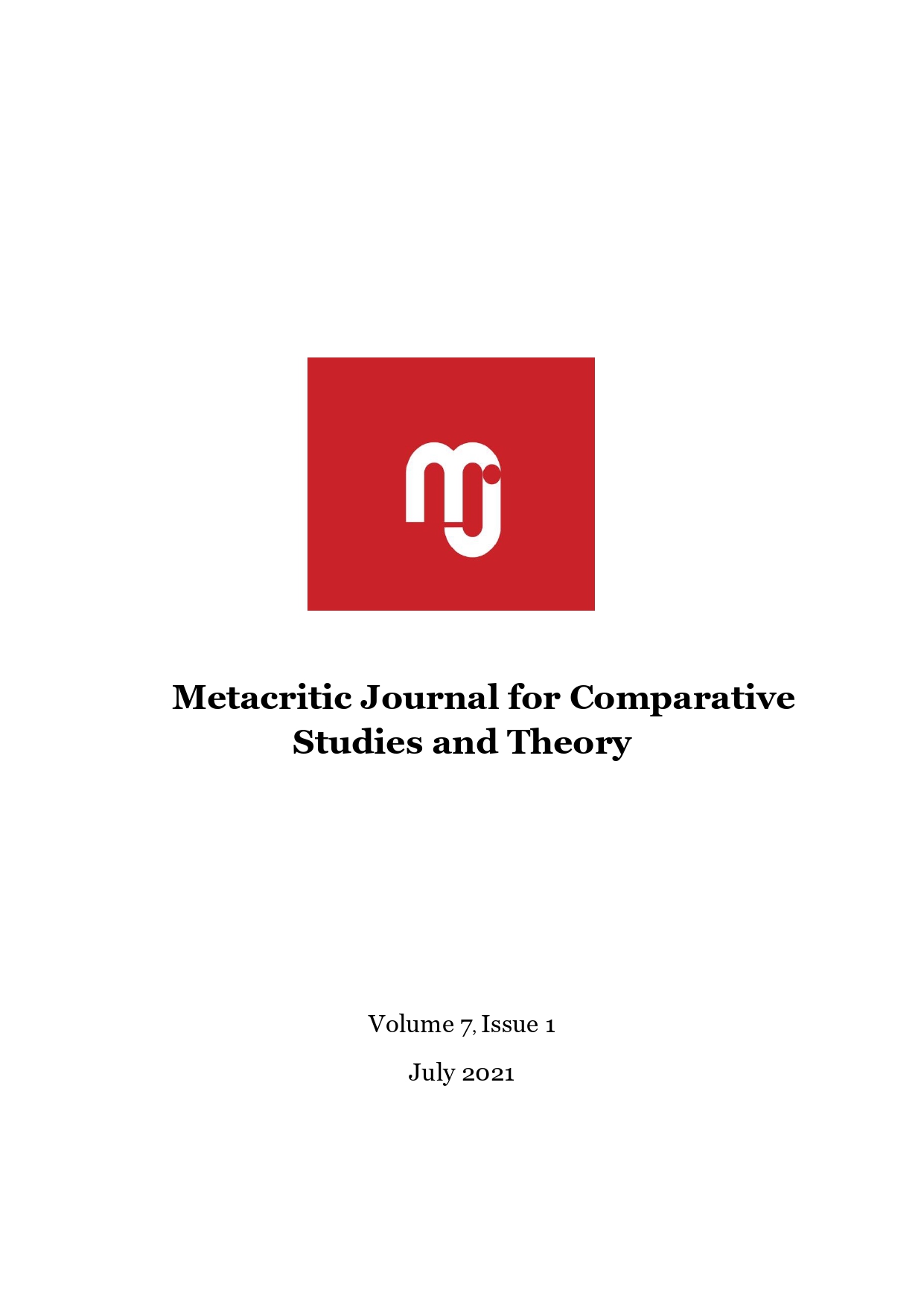Empathet(H)Ics: Intersubjectivity, Interobjectivity, and (Non)Human Storytellers in Colum McCann’s Let The Great World Spin
Empathet(H)Ics: Intersubjectivity, Interobjectivity, and (Non)Human Storytellers in Colum McCann’s Let The Great World Spin
Author(s): Ada BeleuțăSubject(s): Language and Literature Studies, Studies of Literature, Comparative Study of Literature
Published by: Universitatea Babeş-Bolyai
Keywords: Irish-American fiction; the nonhuman turn; agency of objects; intersubjective/interobjective understanding;
Summary/Abstract: Tracing some of the inflection points in our conceptualization of empathy, social cognition, intersubjective understanding, and social theories over time, this essay attempts to contextualize and give a possible explanation to the more radical changes determined by the so-called nonhuman turn. Drawing on the theories proposed by Steven Connor, Bill Brown, and Bruno Latour on the relations between human and nonhuman agents, the paper will argue for the inherent potential of things to both exceed the limits of human agency and cognitive capacities (specifically, memory and intersubjective understanding) and foster their expansion. A reading of Colum McCann’s Let the Great World Spin (2009) will emphasize the importance of interobjectivity as a mechanism of augmenting empathy and intersubjective understanding. The polyphony of narrativized memories of loss, mourning, trauma – and even pre-trauma, in their construction of an alternative history to the 9/11 terrorist attacks, uses things to encode, store, and retrieve memories, as well as to facilitate (re)connections with others beyond boundaries of space, time, or death. Thus, the democratic force of storytelling returns to corroborate “a democracy extended to things” (Latour).
Journal: Metacritic Journal for Comparative Studies and Theory
- Issue Year: 7/2021
- Issue No: 1
- Page Range: 205-225
- Page Count: 21
- Language: English

